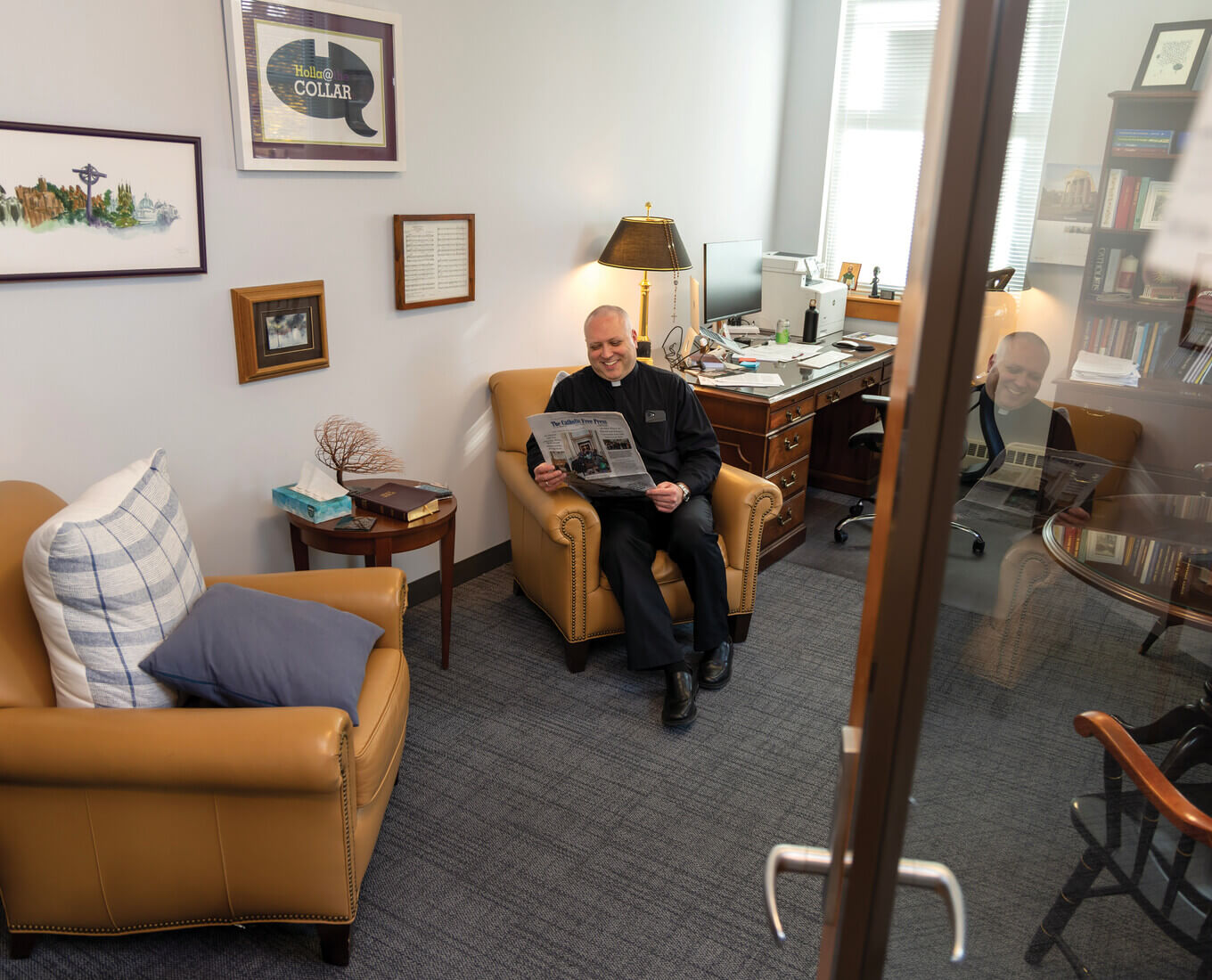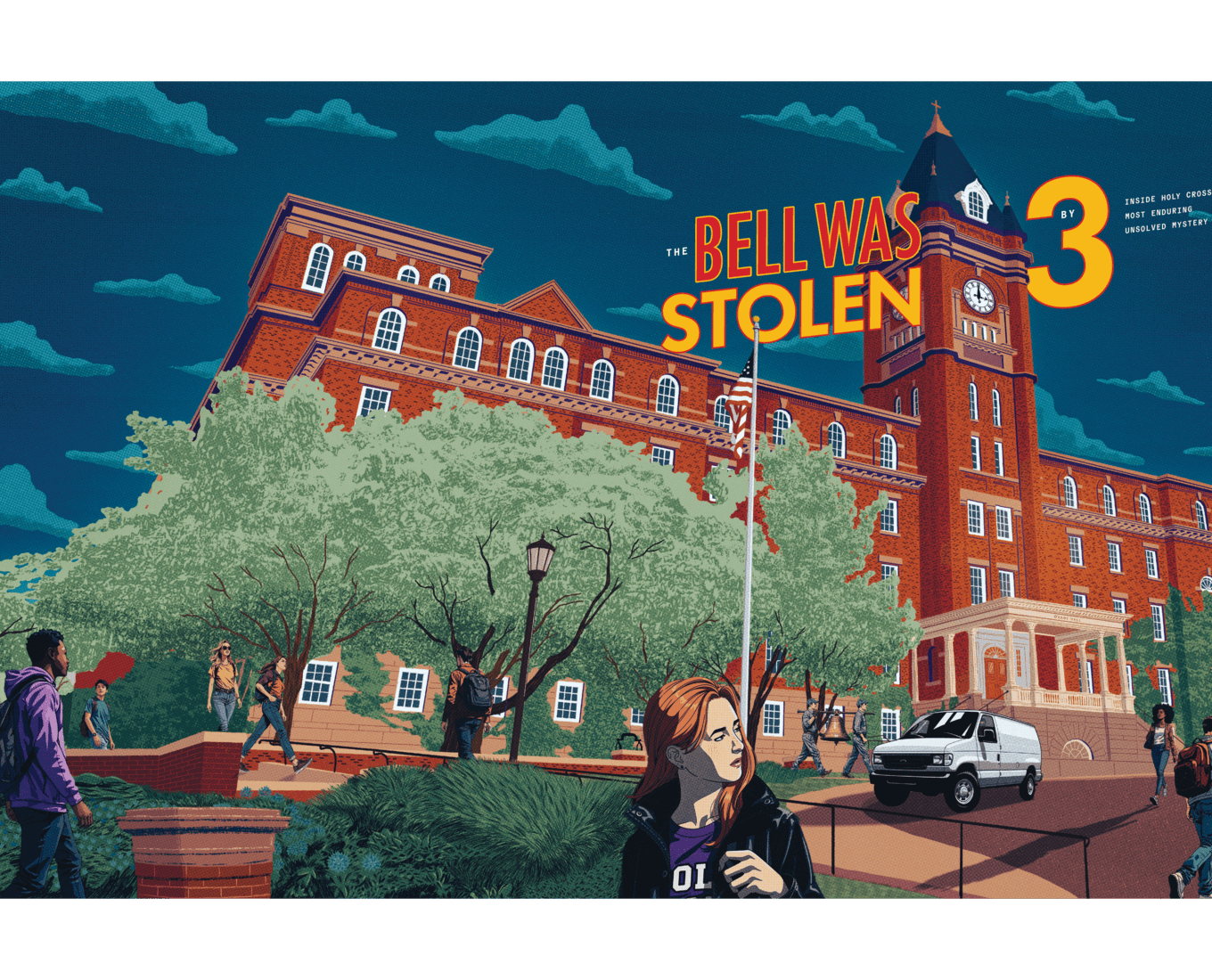For decades, Anthony S. Fauci, M.D. ’62 has been in the forefront of the battle against some of the biggest threats to global health, including HIV/AIDS, West Nile Virus, SARS, anthrax bioterrorism, malaria, and the H1N1 influenza.
On Nov. 8, Dr. Fauci spoke about his career before hundreds of students, faculty and members of the community during a talk titled “Emerging and Re-emerging Infectious Diseases: The Perpetual Challenge to Global Health,” in the Hogan Campus Center Ballroom.
In addition to infectious diseases, Fauci also described how he became interested in medicine, how his interest in infectious diseases blossomed, and how his liberal arts education has helped him throughout his career.
The lectureship is named for Dr. Joseph Murray '40, who performed the first successful organ transplant in 1954, thus ushering in a new era in medicine. Dr. Murray’s subsequent research advanced doctors' ability to prevent transplant rejection, and in 1990 he was honored for his pioneering medical work with the Nobel Prize in Physiology or Medicine.
- Watch the lecture (total time: 76:39) »
- Watch an interview of Dr. Fauci conducted by Emily Cartwright ’11, a biology major with a biochemistry concentration from Randolph, Mass. (total time: 09:55) »
- View the photo gallery »
Related Information:
* Boston Globe, Nov. 8: "Infection control; Leader of nation’s AIDS research effort laments complacency about the disease"
* Telegram & Gazette, Nov. 9: "NIH leader Fauci recounts never-ending war with microbes”
* WBUR, Nov. 10: "HIV/AIDS In The U.S. 'Worse Than Most Perceive' "
* WBUR, Nov. 12: "100% Prevention And A Cure For HIV/AIDS: On The Horizon?"
* Celebrating Science

